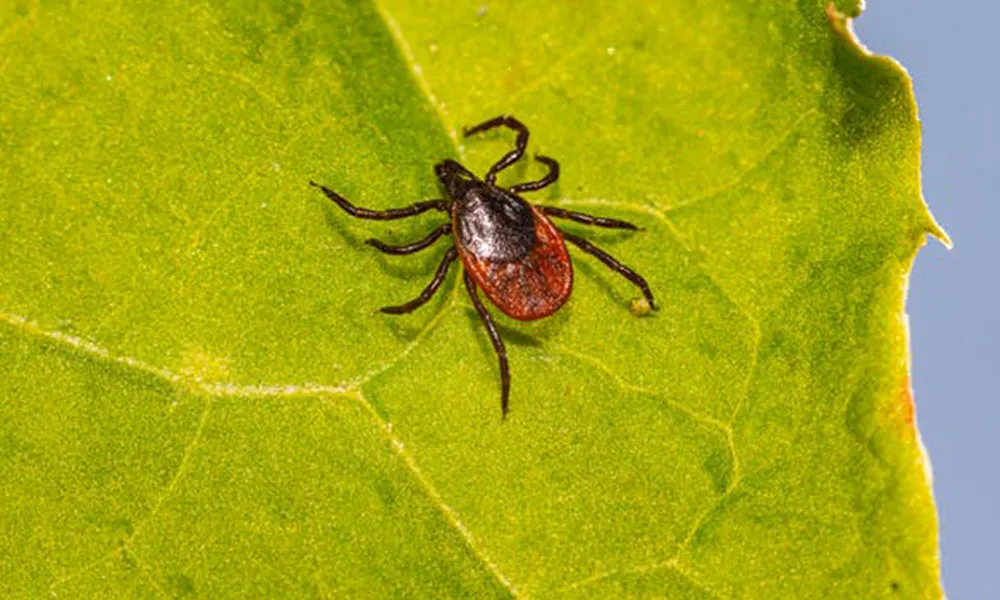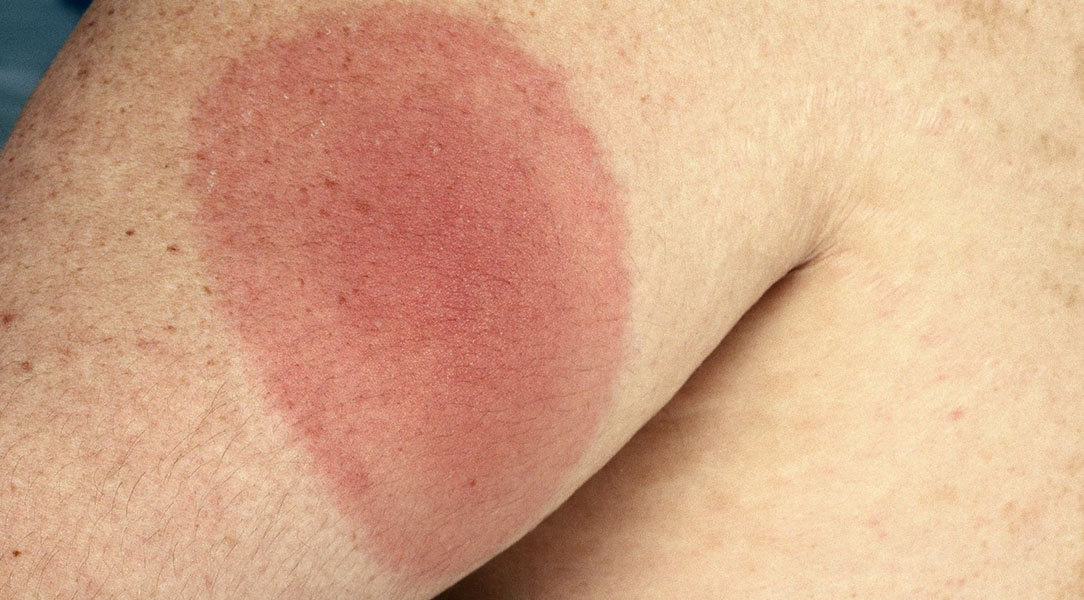
Agridirect.ie discusses the risk of Lyme disease among farmers, and discusses the important preventative measures we should take during the summer months.
Lyme Disease. It’s not often spoken about in farming circles, but having heard of a few cases occurring in recent years, we feel it is worth discussing. Lyme Disease, cause by the Borrelia bacteria, is an infectious disease that can be transmitted to humans by tick bites. If you are bitten by an infected tick, you are very likely to contract the disease; and while the number of ticks carrying the bacteria is relatively low, it is not statistically insignificant.
Symptoms of Lyme Disease
Usually, the symptoms of Lyme Disease occur 3-10 days after you have been bitten. You will notice a growing red area emanating from the bite site. While the rash is unlikely to be sore or itchy, it may have a “bull’s eye”.
In addition to this skin irritation, you may have a fever, a headache, or feel unusually fatigued. These symptoms can worsen if left untreated. As the illness progresses, sufferers may lose facial movement, suffer from severe joint pains and an inability to move the neck.

How to prevent Lyme Disease
Perhaps unsurprisingly, the key to preventing Lyme Disease is to avoid tick bites. For farmers, this is easier said than done. During the summer months, many of us spend long hours tramping through long grass and heavily wooded areas where ticks proliferate. This is why you should always wear plenty of clothing when walking in tick-infested terrain at this time of year. Wear long trousers, long-sleeved shirts and socks. You should also use a strong insect-repellent, and check your skin for ticks when you return to the house.
In adults, ticks are usually found on the limbs; while in children they tend to attack the neck and head areas.
Treating Lyme Disease
If you think that you are showing any of the classic symptoms of early-onset Lyme Disease, contact your doctor immediately. Make sure that you tell your doctor that you suspect the disease. Do not expect them to make the diagnosis immediately, especially if you haven’t told them about recent tick bites!
If you are diagnosed with the disease, your doctor will most likely put you on a course of strong antibiotics. The earlier you get it sorted, the better the long-term outlook will be.
In conclusion…
Lyme Disease is a potentially serious and debilitating illness, so it is important to take steps to prevent it; and, if you suspect that you have contracted it, you should seek medical advice immediately.











